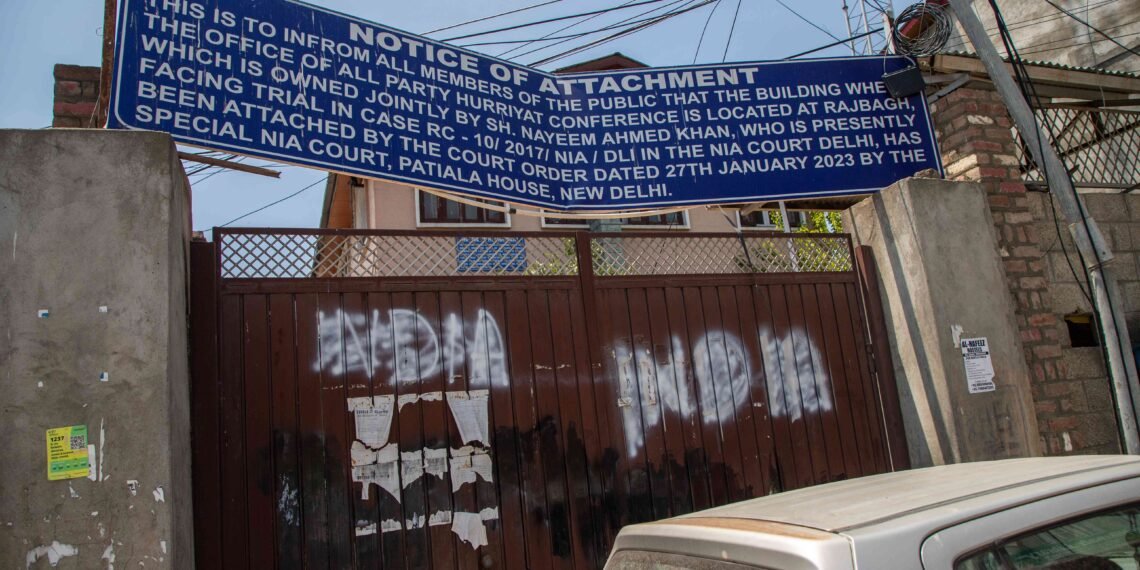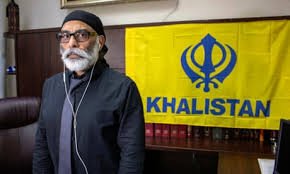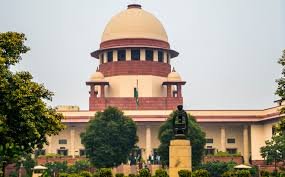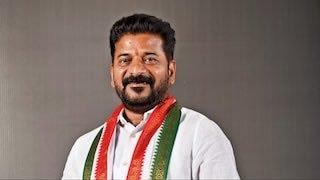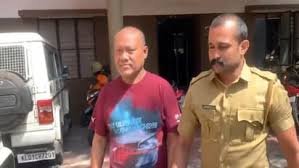We have banned all constituents of the Hurriyat, and they are now behind bars. The Modi government will not speak to them—our focus is on the youth of the valley: HM Shah
By PC Bureau
In a fiery address during a special Lok Sabha discussion on Operation Sindoor, Union Home Minister Amit Shah Tuesday launched a scathing attack on the Hurriyat Conference, labeling the Jammu and Kashmir-based separatist amalgam an “outfit of terrorist organizations.”
Shah categorically ruled out any dialogue with the group, signaling the Modi government’s unrelenting stance against separatist elements in the valley.
Hurriyat’s Fall from Grace
Shah didn’t mince words as he recounted the preferential treatment once accorded to the Hurriyat.
“There was a time when Hurriyat leaders walked on red carpets, treated as VIPs, with representatives of the Manmohan Singh government holding talks with them,” he said, referencing the early 2000s when the separatist coalition was seen as a key stakeholder in Kashmir’s political dialogue. “That era is over. We have banned all constituents of the Hurriyat, and they are now behind bars. The Modi government will not speak to them—our focus is on the youth of the valley.”
The Hurriyat Conference, formed in 1993 as a coalition of several Jammu and Kashmir-based separatist organizations, has long been a polarizing entity. Known for its pro-Pakistan leanings and advocacy for Kashmiri self-determination, the group has been accused of fueling unrest in the region. In recent months several political organisations in Jammu and Kashmir have disassociated themselves from the separatist Hurriyat Conference.
In January 2023, the National Investigation Agency (NIA) sealed the Hurriyat headquarters in Srinagar’s Rajbagh area after a special Delhi court ordered its attachment under the provisions of the Unlawful Activities Prevention Act (UAPA).
A Statistical Triumph Over Terror
Shah bolstered his argument with a detailed breakdown of the security situation in Jammu and Kashmir, contrasting the period of 2004–2014 under the Congress-led UPA government with the Modi government’s tenure from 2014 to 2025. “From 2004 to 2014, there were 7,217 terrorist incidents in Kashmir. This has plummeted by 70% to 2,150 in our time,” he declared, attributing the decline to robust counter-terrorism measures. Civilian deaths, he added, dropped by 80%, from 1,770 to 357, while security personnel fatalities decreased from 1,060 to 542.
Read: Shah Slams UPA, Hails Modi’s Iron Resolve on Terror
In a pointed jab at critics, Shah noted a 123% increase in terrorist deaths, signaling the government’s aggressive approach. The Home Minister credited the 2019 revocation of Article 370, which stripped Jammu and Kashmir of its special status, as a game-changer. “Scrapping Article 370 has destroyed the terror ecosystem in Jammu and Kashmir,” he asserted. “There are no local terrorists left in Kashmir—now, terrorists are sent from Pakistan.”
A Dig at Congress’s “Dossier Diplomacy”
Shah reserved sharp criticism for the Congress-led government’s handling of terrorism between 2005 and 2011, a period that saw 27 terrorist attacks. “What did they do? They sent dossiers to Pakistan,” he remarked sarcastically, accusing the UPA of inaction. In contrast, Shah portrayed the Modi government as decisive, claiming it had dismantled local terror networks and forced Pakistan to rely on foreign operatives. “The days of dossiers are gone. We respond to terror with action,” he said, drawing applause from BJP benches.
Engaging the Youth, Rejecting Separatists
The Home Minister’s emphasis on engaging Kashmir’s youth marked a forward-looking element in his speech. By prioritizing dialogue with younger generations over established separatist figures, the government aims to reshape the region’s political landscape.
“The youth of the valley are our future. They want development, peace, and opportunities—not the divisive rhetoric of groups like Hurriyat,” Shah said.
This approach aligns with broader efforts to integrate Jammu and Kashmir into the national mainstream, including infrastructure projects, educational initiatives, and economic opportunities. However, Shah’s hardline stance against Hurriyat risks alienating sections of the population sympathetic to the separatist cause, potentially complicating outreach efforts.



